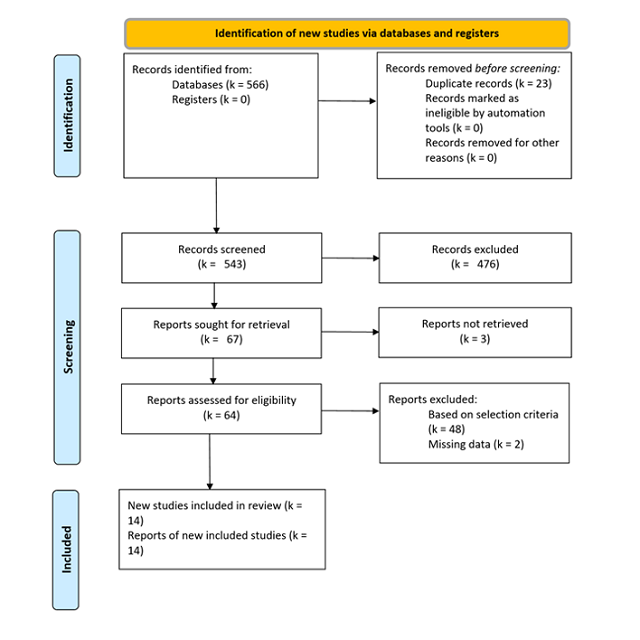Language Development in Infants with Hearing Loss: Benefits of Infant-Directed Speech
Irena Lovcevic, Denis Burnham, Marina Kalashnikova
Infant Behavior and Development, 67, 101699 (2022)

Abstract
The majority of infants with permanent congenital hearing loss fall significantly behind their normal hearing peers in the development of receptive and expressive oral communication skills. Independent of any prosthetic intervention (“hardware”) for infants with hearing loss, the social and linguistic environment (“software”) can still be optimal or sub-optimal and so can exert significant positive or negative effects on speech and language acquisition, with far-reaching beneficial or adverse effects, respectively. This review focusses on the nature of the social and linguistic environment of infants with hearing loss, in particular others’ speech to infants. The nature of this “infant-directed speech” and its effects on language development has been studied extensively in hearing infants but far less comprehensively in infants with hearing loss. Here, literature on the nature of infant-directed speech and its impact on the speech perception and language acquisition in infants with hearing loss is reviewed. The review brings together evidence on the little-studied effects of infant-directed speech on speech and language development in infants with hearing loss, and provides suggestions, over and above early screening and external treatment, for a natural intervention at the level of the carer-infant microcosm that may well optimize the early linguistic experiences and mitigate later adverse effects for infants born with hearing loss.